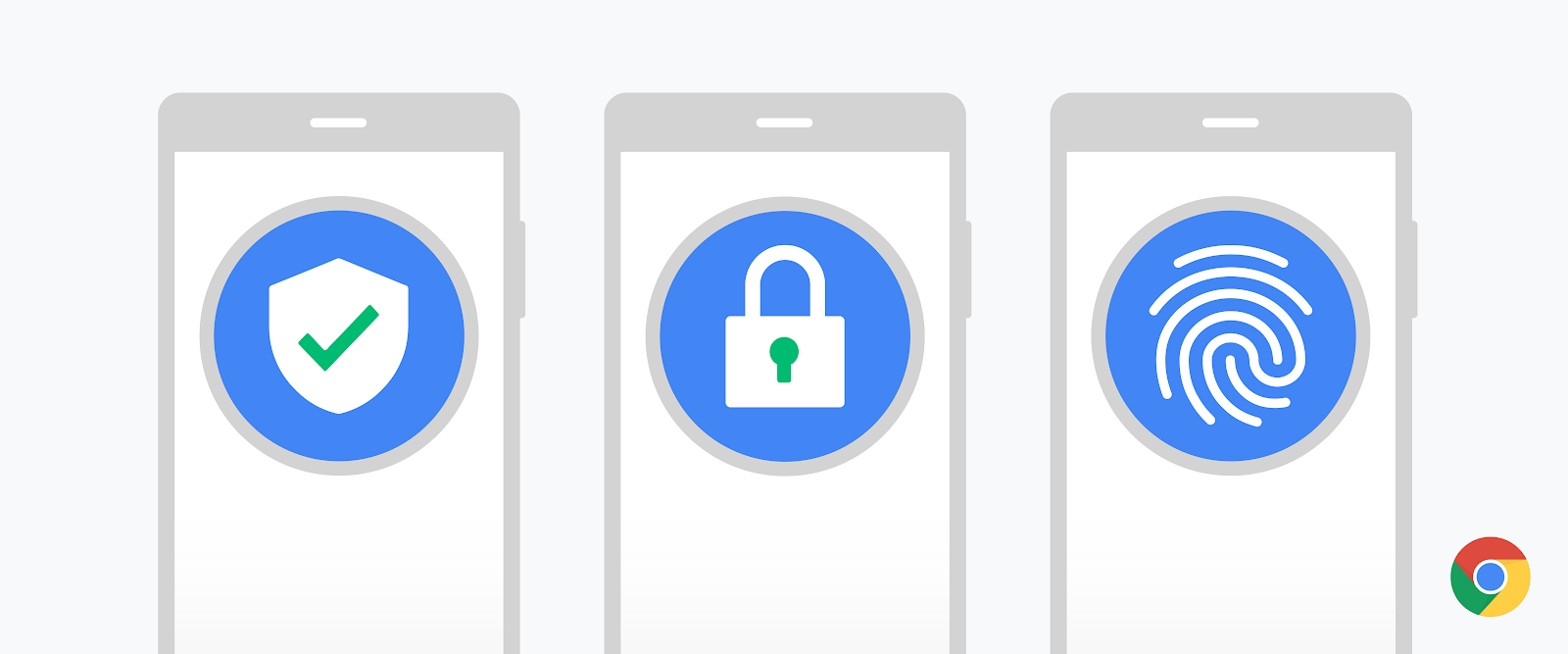Lately, Google has been paying plenty of attention to Chrome's password manager tool. While many still prefer to use a dedicated password manager solution, like Lastpass or Bitwarden, Chrome's built-in solution has improved a lot lately. It recently got a more streamlined UI and started allowing users to put a shortcut on their home screen. If new developments are anything to go by, it looks like Chrome's password manager on your PC might be getting biometric authentication capabilities down the road.
The folks at Chrome Story spotted an experimental flag on the Chromium Gerrit, which could let desktop users use biometric authentication, like their fingerprints, to view, edit, or copy a password.
Biometric authentication in settings: Enables biometric authentication in settings to view/edit/copy a password
Currently, the password manager on the mobile version of Chrome already asks you for a form of biometric authentication to copy or otherwise view a password, so this would just extend that functionality to the desktop version of the browser.
Granted, while fingerprint scanners are present on the vast majority of Android phones, not every computer has one. It's still considered a premium feature on laptops, while they're basically non-existent on desktops unless you're willing to buy an external USB scanner separately. Many Windows computers support Windows Hello for authentication, which not only supports fingerprint scanners, but face recognition as well. The feature doesn't explicitly mention fingerprint scanners, instead keeping things vague with a "biometric" description, so while we're not saying that it will support face recognition for copying passwords, it's not off the table.
Currently, Chrome asks you to enter your computer's password before opening the manager, so this enhancement would primarily act as a more convenient authentication method. This tool will likely show up in an upcoming Canary build, though we'll need to wait a while for a final, stable release.

